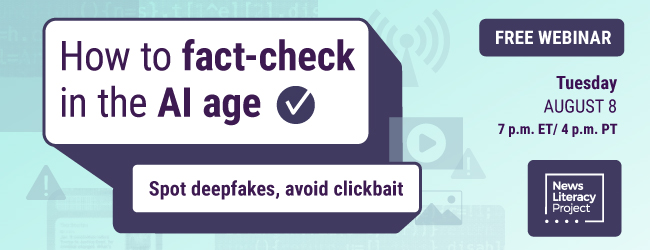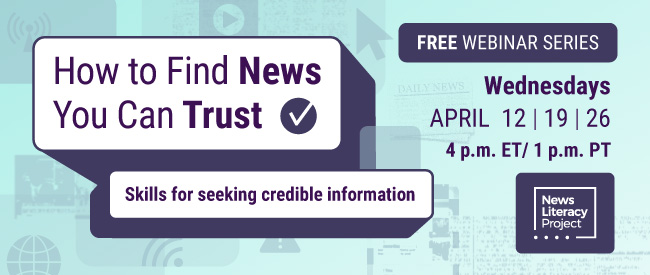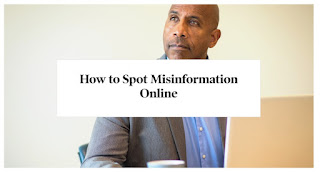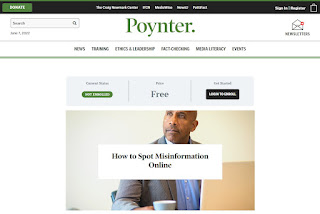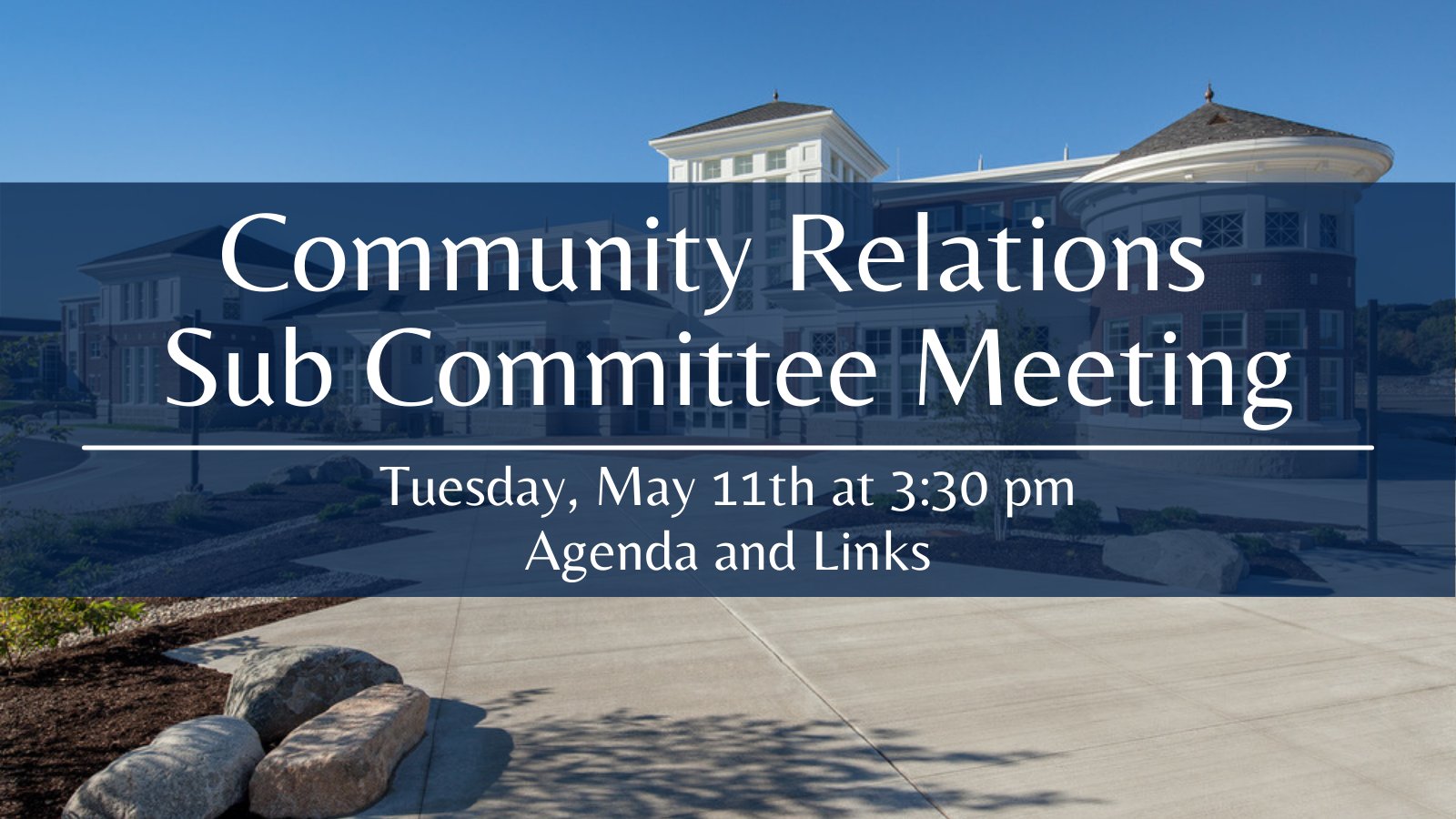
PROFILE AMERICA FACTS FOR FEATURES: CB19-FF.08
Dating back 2,000 years to the Celtic festival of Samhain, Halloween is an ancient tradition associated with images of witches, ghosts and vampires. Today, Halloween has evolved into a celebration characterized by child-friendly activities like trick-or-treating, carving pumpkins into jack-o'-lanterns, and dressing in costumes.
The following facts are made possible by the invaluable responses to the U.S. Census Bureau's surveys. We appreciate the public's cooperation as we continuously measure America's people, places and economy.
Trick or Treat!
The number of housing units where trick-or-treaters had to climb steps in order to fill their bags full of candy in 2017. Source: 2017 American Housing Survey
Hauntingly Delicious Economic Statistics
Spooky Places
Tombstone, Ariz. (estimated population 1,300)
Sleepy Hollow, N.Y. (estimated population 10,057)
Kill Devil Hills, N.C. (estimated population 7,202)
Yellville, Ark. (estimated population 1,170)
Transylvania County, N.C. (estimated population 34,215)
Slaughter Beach, Del. (estimated population 232)
Casper, Wyo. (estimated population 57,461)
Scarville, Iowa (estimated population 70)
| 
